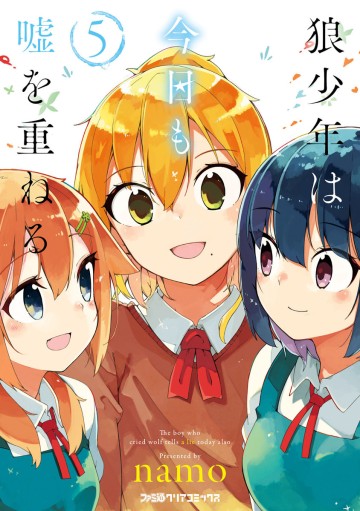Discover the Meaning behind “Weeb” – Is it really a bad word?
Have you ever come across the term “weeb” while browsing through online communities like Discord or Reddit? Wondering what it actually means? In this article, we unravel the truth behind the word “weeb” and its association with Japanese culture. So, let’s dive in!
What is a “Weeb”?
According to Dictionary.com, a “weeb” is a shortened version of the term “weeaboo” and refers to a Western individual who is highly obsessed with Japanese culture. These individuals often indulge in activities such as reading manga, watching anime on popular platforms like Crunchyroll, and developing an intense interest in Japanese food, hentai, or video games. However, it’s important to note that this term can sometimes be considered as a derogatory slang with a negative connotation.
The Fine Line between a Fan and a Weeb
It’s crucial to understand that enjoying anime as a form of entertainment doesn’t automatically make someone a “weeb” or “weeaboo.” A person can have their favorite anime or manga webcomic without crossing the line into obsession. It is when this fascination turns into an unhealthy fixation and displays a lack of respect towards the Japanese culture that it becomes problematic. After the anime boom, many people became avid fans, but only a small fraction entered the weeb territory.
The Origin Story of “Weeb”
The term “weeb” finds its roots in the word “weeaboo.” Interestingly, “weeaboo” was not initially used to describe white individuals who were fans of Japanese culture. It originated from the Perry Bible Fellowship comic strip and was meant to depict something useless or unpleasant.
However, later on, the term “weeaboo” replaced another slang term known as “wapanese” on platforms like 4Chan. “Wapanese” gained popularity in the early 2000s and referred to white people obsessed with Japanese culture, combining the words “white” and “Japanese” to form the portmanteau “wapanese.”
As the term “wapanese” faced regulation on various forums, users began using “weeaboo” as an alternative to bypass moderators and censors. Eventually, “weeaboo” was shortened to become the widely used “weeb.”
Shedding Light on the Evolution of “Weeb”
Initially, both “weeb” and “wapanese” were considered offensive terms. However, over time, the derogatory nature of “weeb” has somewhat diminished. Nowadays, some individuals even refer to themselves as self-proclaimed “weebs.” It has transitioned from being an insulting label to something more akin to “nerd” or “geek.”
Nonetheless, it’s important to note that “weeb” still carries negative connotations and can be offensive to some. Exercise caution when using this term to avoid unintentionally causing offense.
The Dark Side of Being a “Weeb”
A “weeb” represents the pinnacle of anime fandom and can be considered the most extreme and dangerous level. Unlike an “otaku” or a “Japanophile,” a “weeb” lacks self-control and allows anime and manga to dominate their lives. Their obsession extends beyond healthy boundaries and may even indicate deeper mental health issues. For some, immersing themselves in this fictional world acts as an escape from real-life problems.
Embrace the “Weeb” Culture?
To summarize, “weeb” is a shortened form of “weeaboo,” referring to non-Japanese individuals excessively fixated on Japanese culture. While the term has undergone a slight transformation from a highly offensive word to a more neutral term, it is advised to exercise caution when using it as it may still provoke strong negative reactions.
Are you intrigued by the world of anime and manga? Explore the vibrant world of Japanese pop culture with Fecomic, your one-stop destination for all things manga and anime! Check out Fecomic to embark on an unforgettable journey!
Note: The images used in this article are for illustrative purposes only and may not represent the exact content of the original article.




